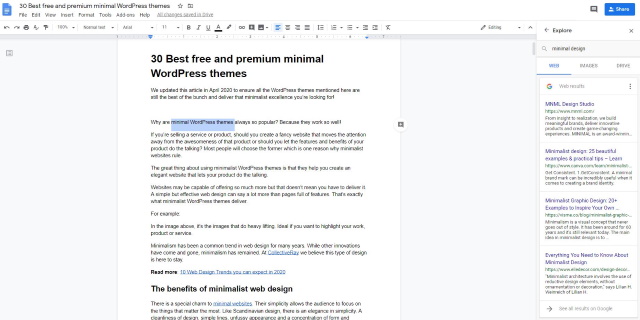Ask yourself these questions when writing copy

It?s all very well going with the flow when you?re writing. In fact most of the time it?s better to do it that way. But if you?re writing copy there are a few things you have to include. And some things it?s best to miss out all together.
Writing for a specific audience means you have to write with their immediate reaction in mind. Naturally your copy has to include details of what you?re offering. But it also has to stir people into action. Here a few things to ask yourself before you let it lose on the public;
Is your title good enough to catch their attention?
It?s the first thing they?ll see so it has to be. Adding certain keywords to get picked up by the search engine is one thing. For it to make sense to people reading it is another matter.
They have to know what they can expect from you so a list of certain words is not enough. You have to combine the two aspects of it in a title that?ll work both ways.
Are you giving them the right information?
Right for customers that is. They won?t be interested in the mechanics of your website or business. Simply what they?ll get out of being there. First they have to know if it?s right for them. You have to tell them why it is. Together with all the options to choose from and what they can expect from each one. It?s no good promoting yourself if you?re only giving half the story.
Are you using the right language?
Remember you?re writing for the general public not an egghead?s convention. Plain and simple is far more effective than complicated and incomprehensible. The faster they can cut to the chase the faster people are likely to make up their minds to take that all important action. Hopefully in your favour.
You might not agree that the customer is always right. But they?ll expect you to be. Starting with the very first words you write. That?s why your copy has to appeal to those reading it. It?s always worth asking yourself if that?s what you?re doing. Or if it?s likely to have the opposite effect.



